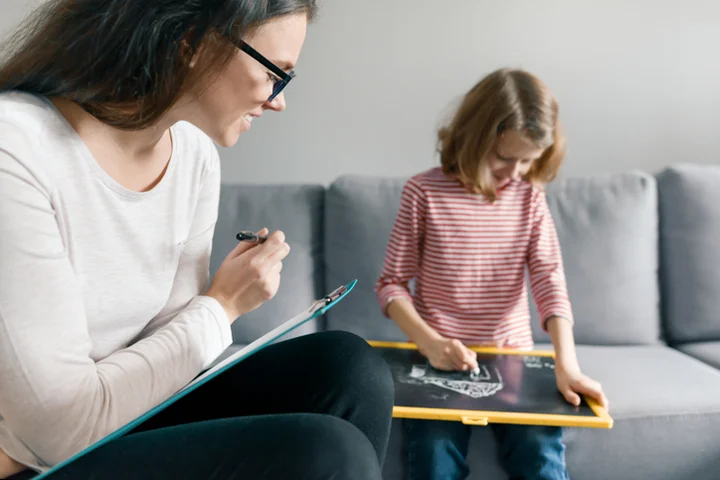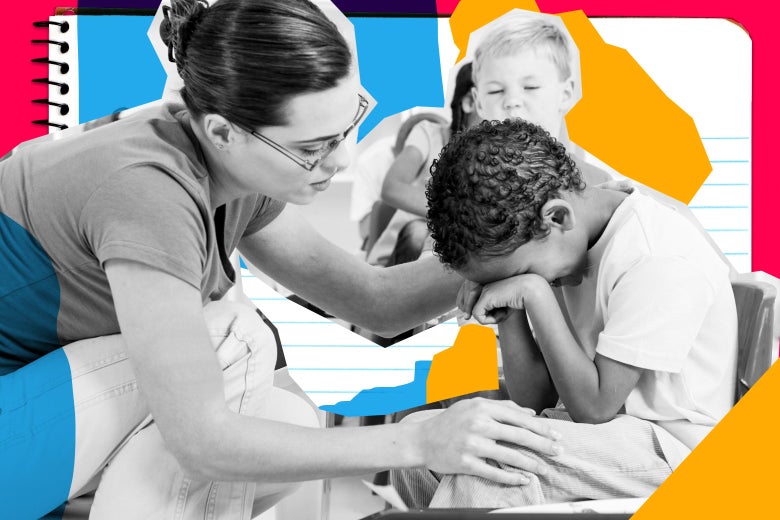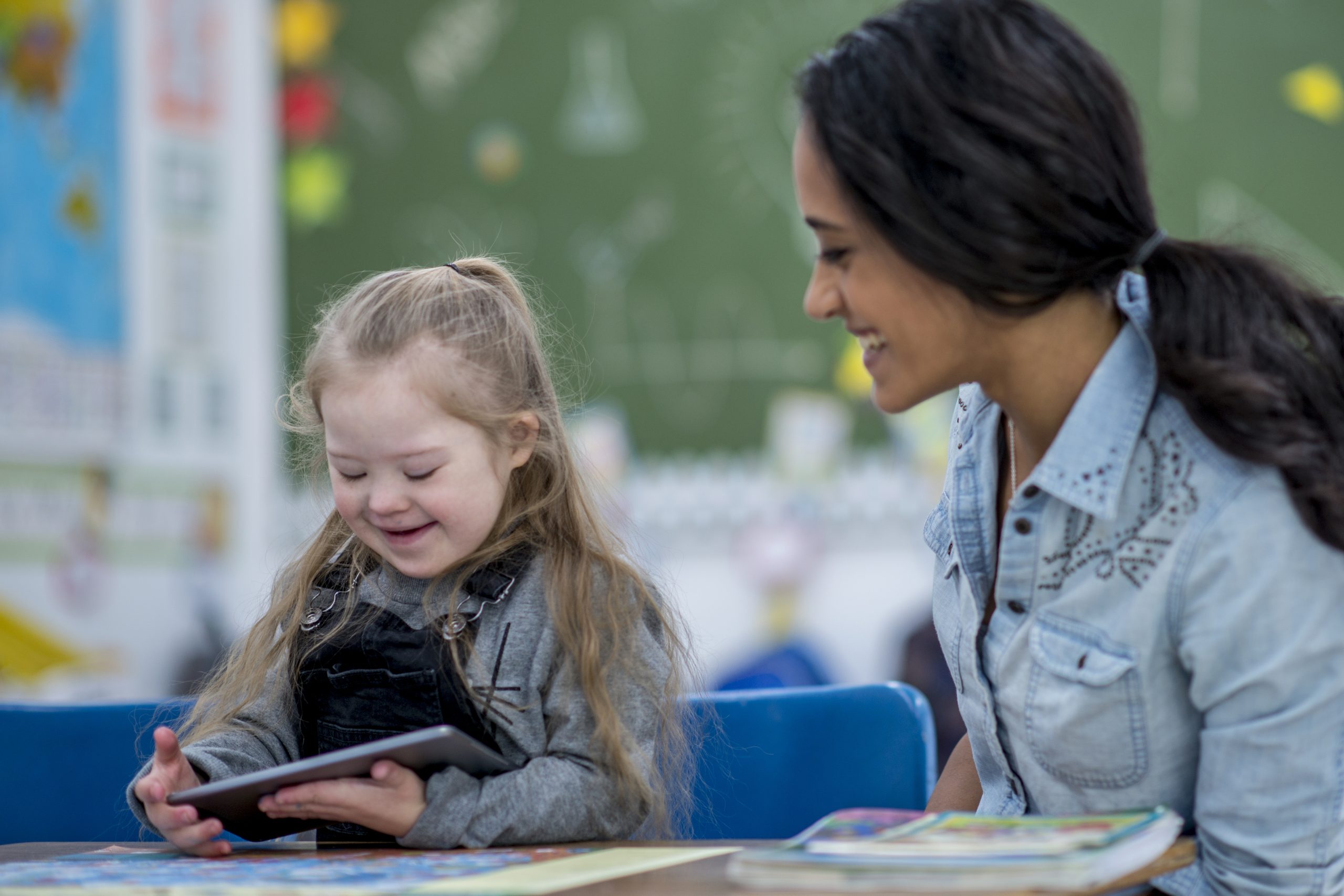Providing effective support for students with emotional and behavioral disorders is a critical aspect of special education. This article explores the importance of special care and outlines strategies designed to foster a supportive and nurturing environment for students facing emotional and behavioral challenges.

Understanding Emotional and Behavioral Disorders:
Students with emotional and behavioral disorders often face difficulties in managing their emotions, behaviors, and interpersonal relationships. Understanding the complexities of these disorders is fundamental to developing targeted support strategies that address the unique needs of each individual.
Building a Supportive Environment:
Creating a supportive environment is paramount for students with emotional and behavioral disorders. This involves establishing clear expectations, maintaining consistent routines, and implementing positive behavior reinforcement. A supportive atmosphere helps students feel secure, reducing anxiety and promoting positive social interactions.
Individualized Behavior Plans:

Tailoring support to the specific needs of each student is key in addressing emotional and behavioral disorders. Individualized Behavior Plans (IBPs) outline targeted strategies to manage and modify behaviors. These plans involve collaboration between teachers, parents, and specialists to ensure a holistic and consistent approach to support.
Crisis Intervention and De-escalation Techniques:

Students with emotional and behavioral disorders may experience moments of crisis. Educators and support staff are trained in crisis intervention and de-escalation techniques to manage challenging situations. These strategies prioritize the safety of the student and those around them while promoting a calm and controlled environment.
Social Skills Development:
Social skills are integral to navigating relationships and interactions. Special care for students with emotional and behavioral disorders includes targeted social skills development. Group activities, role-playing, and peer modeling are employed to enhance communication, cooperation, and conflict resolution skills.
Counseling and Therapeutic Support:

Incorporating counseling and therapeutic support is essential in addressing the emotional aspects of behavioral disorders. School counselors, psychologists, or external professionals work collaboratively to provide individual or group counseling, helping students explore and cope with their emotions in a constructive manner.
Positive Reinforcement and Rewards:
Positive reinforcement is a powerful tool in encouraging positive behaviors. Special care strategies involve the use of rewards and recognition to reinforce desired behaviors, creating a positive feedback loop that motivates students to make constructive choices.
Parental Involvement and Collaboration:
Support for students with emotional and behavioral disorders extends beyond the classroom. Collaborative efforts with parents are essential. Regular communication, parent-teacher conferences, and workshops create a united front, ensuring that strategies employed at school are reinforced at home.
Professional Development for Educators:

Ensuring that educators are equipped with the knowledge and skills to support students with emotional and behavioral disorders is crucial. Ongoing professional development programs focus on understanding these disorders, implementing effective strategies, and fostering a compassionate and inclusive classroom culture.
Conclusion:
In conclusion, special care for students with emotional and behavioral disorders involves a multifaceted approach that encompasses understanding, individualized plans, crisis intervention, social skills development, counseling, positive reinforcement, parental involvement, and ongoing professional development. By implementing these strategies, educators and support teams can create an environment where students feel understood, supported, and empowered to overcome the challenges associated with emotional and behavioral disorders.




